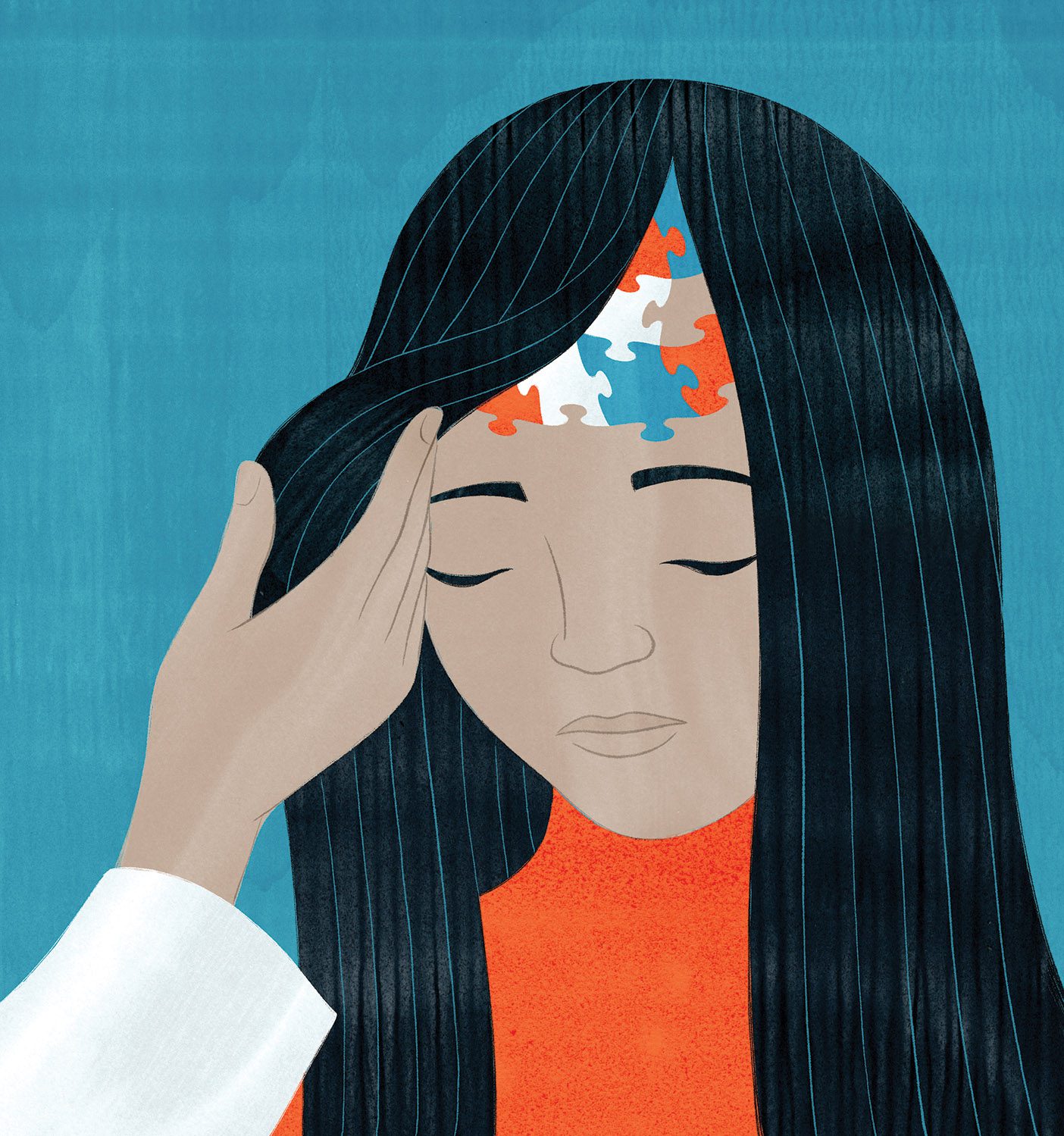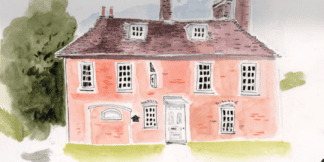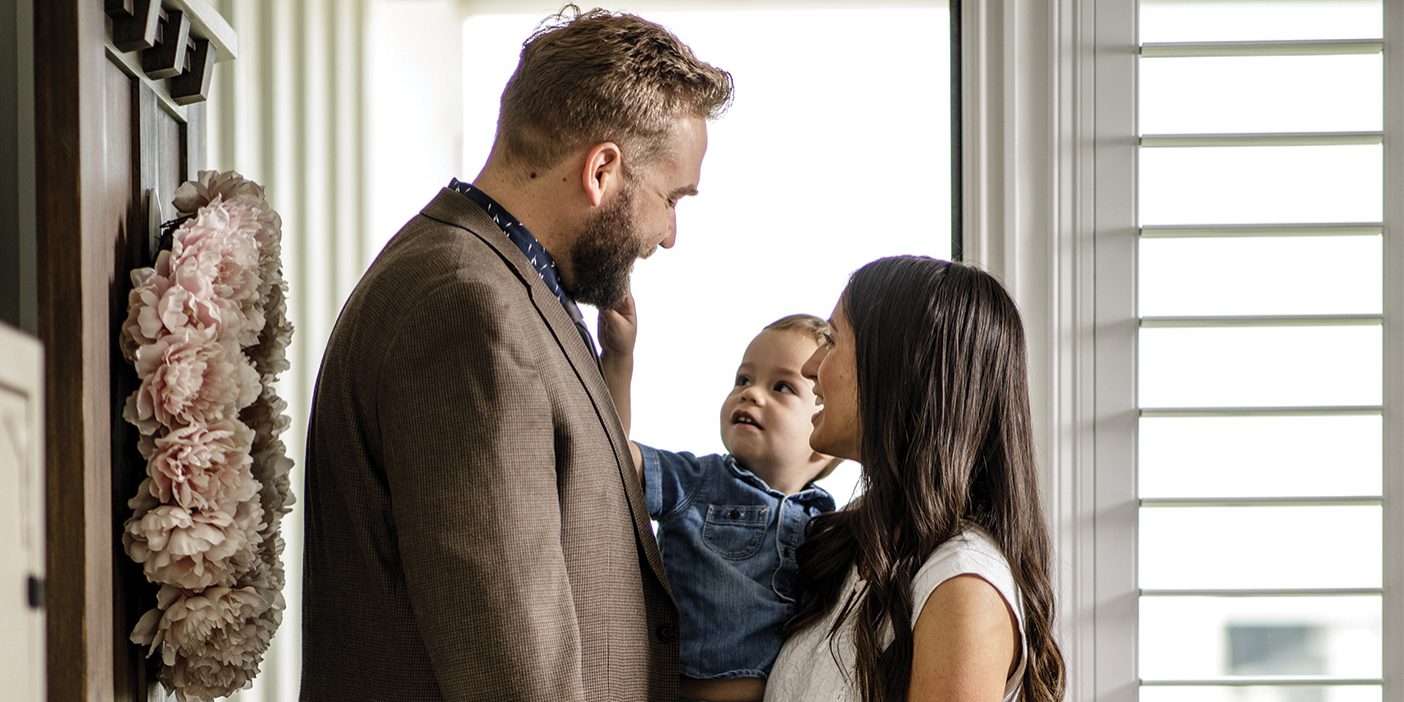Identifying autism sooner—especially in girls—could improve and even save lives.

Without a blood test or other objective measures, autism can be tough to diagnose. Autism, first described by a psychiatrist in 1943, is seen today as a spectrum of differences, marked by repetitive behaviors and struggles with social interaction. Picking up on those clues early is both difficult and crucial, say BYU psychology professors Mikle South and Rebecca Allred Lundwall (BS ’87, MEd ’90), two members of BYU’s Autism Connect interdisciplinary research team.
“Ideally, children are diagnosed by 18 to 24 months so intervention can begin while the brain is still developing rapidly,” says Lundwall. “But the average age is 4.5 years.” Aside from early treatment, an earlier diagnosis means autistic kids can come to understand who they are, how they are different from their peers, and gain a sense of community. “If parents and kids don’t realize what’s happening, the kids often get bullied and rejected,” she says, noting a higher suicide rate for people with autism who receive a late diagnosis.
Diagnostic criteria were developed around 4-year-old boys who don’t talk, says South, professor of psychology and neuroscience. “The further away you get from ‘boy’ and ‘4-year-old’ and ‘don’t talk,’ the less descriptive these diagnostic criteria are,” he says. That means a lot of children are missed, especially girls. Some people are not diagnosed until adulthood, if ever.
Parents should challenge any denial they find in themselves or in medical professionals. Parents are the true experts on their child and should persist in pursuing referral to a specialist if they suspect autism.
Here the BYU experts provide four insights from recent research:
1
Sometimes parents are reluctant to seek an autism evaluation, says Lundwall. They think no diagnosis means their child won’t be labeled or stigmatized. They also might minimize signals that something’s wrong by leaning on ideas like, “I was like that sometimes,” or, “He’s just a boy,” or, “She’ll grow out of it.” ¶ Lundwall argues that an appropriate diagnosis can be empowering and comforting, and it lowers the risk of suicide. The higher the age of first diagnosis, the higher the risk of suicide.
2
Pediatricians don’t diagnose autism, but they’re the gatekeepers to specialists. “If you have concerns about your child, push your doctor,” says South. “If the doctor blows you off—that happens all the time—keep at it. Trust yourself,” says South. ¶ The theme from all their research, say the two professors, is that we need to listen to the experts, who are the people with autism themselves and their parents.
3
Most autistic people camouflage to fit in, like intentionally making eye contact even though it’s uncomfortable. “Girls are especially good at this,” says South. “They want to be part of things, but they don’t know what to do, so they go quiet. They don’t cause trouble.” ¶ Camouflaging is exhausting and is a factor in autistic females taking their lives at more than three times the rate of autistic males. “Diagnosis means they can say to themselves, ‘This is how I am, and that’s okay.’ And they can find others like them,” says Lundwall. ¶ South recalls being in tears recently after diagnosing a 21-year-old woman who had suffered in silence for so long without the support of treatment or a community. People need a diagnosis earlier—not after decades of thinking of yourself as broken,” he says.
4
Lundwall and South say we should see autistic people as not broken but different. “We need to de-pathologize. Autistic people have gifts, like extra ability to focus or an extraordinary memory,” says South. ¶ Lundwall believes accepting differences is part of God’s plan and can save lives. “As disciples of Christ, we’re responsible to reach out to the marginalized, including our autistic brothers and sisters.”












